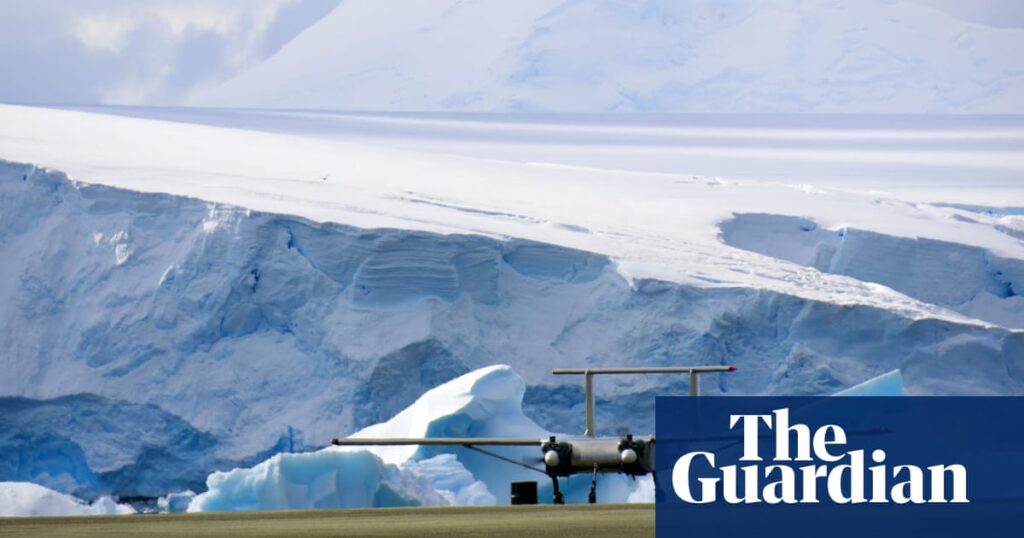Pilotless drones are being tested in Antarctica, with the intention of being used to conduct scientific research.
The test crew has arrived at Rothera Research Station, the largest British scientific facility on the continent.
The British Antarctic Survey (BAS) has announced that if the experiment is successful, it will enable drones to carry out research such as surveying marine ecosystems and glaciers, while reducing CO2 emissions by around 90%.
Windracers Ultra UAVs (unmanned aerial vehicles) are twin-engine, 10-meter-long aircraft that can carry up to 100 kg of cargo and sensors over distances of 1,000 km, without the need for a human pilot to take off, fly, or land. It is equipped with an advanced autopilot system.
Unlike the maneuverable Twin Otter aircraft, which is expensive to operate and faces logistical challenges in extreme environments, the 'groundbreaking' unmanned drone is safer and 'allows for dramatic increases in flight time. “Possible,” BAS said.
The drone, which also investigates the structure of the Earth's crust and how the ocean and atmosphere interact, is equipped with AI-powered Swarm technology that allows multiple UAVs to organize as a single system. This has the potential to collect a wide range of data.
BAS, part of the Natural Environment Research Council, is the UK's polar research institute and has announced plans to automate its scientific platform to achieve net-zero carbon emissions by 2040.
Dr Tom Jordan, a BAS geophysicist specializing in aerial data collection, said the technology development was “really exciting”.
“Polar science is using large-scale, new, high-resolution datasets to understand how the Antarctic ice sheet is changing and how it impacts communities around the world. We urgently need it,” he added.
“This is the first step in removing logistical barriers.”
It is also designed to continue flying even if the engine or other parts are damaged, and can be repaired with a minimum number of parts.
The project is being funded by the Department's public body Innovate UK's Future Flight 3 Challenge, sharing £73m of funding with 16 other projects.

